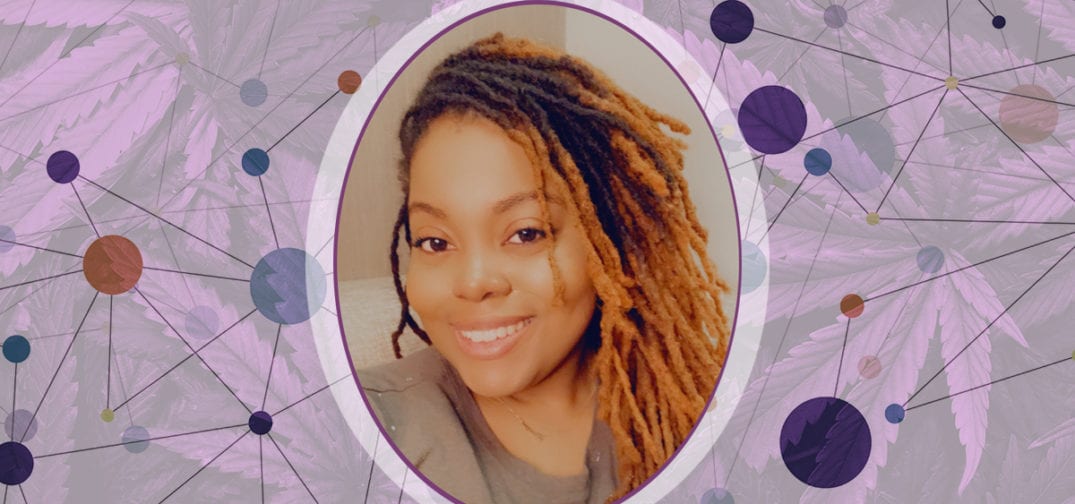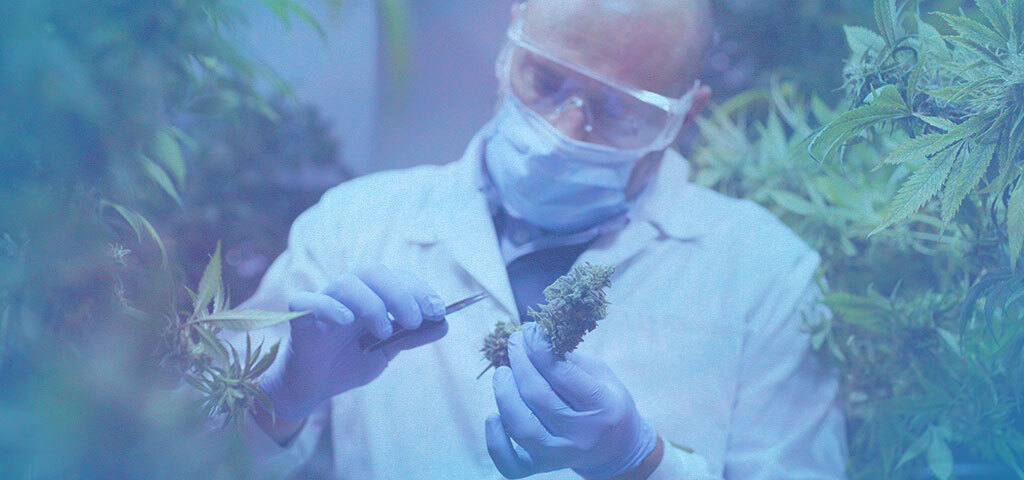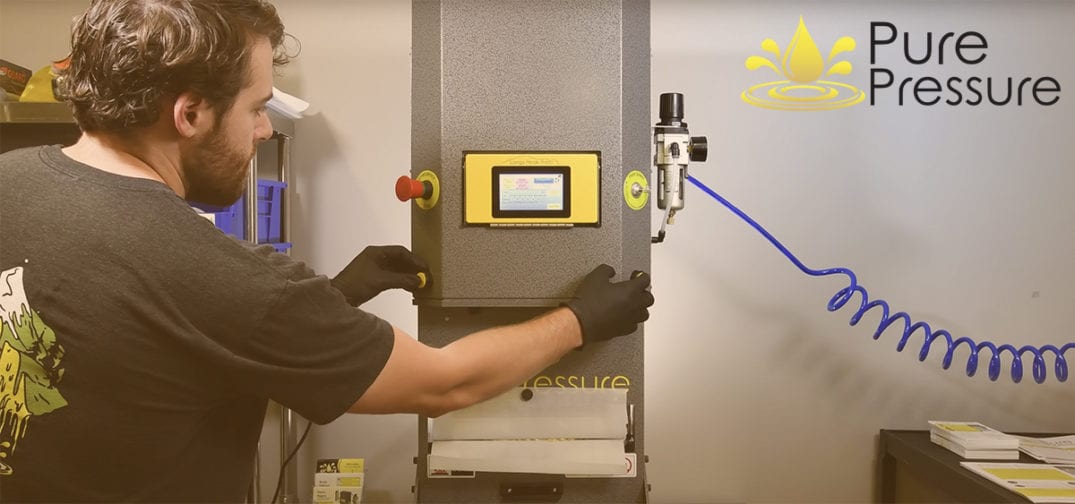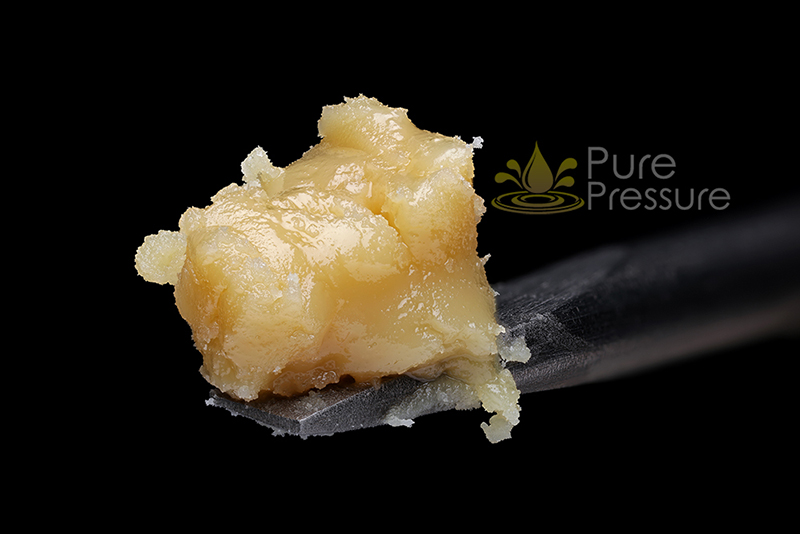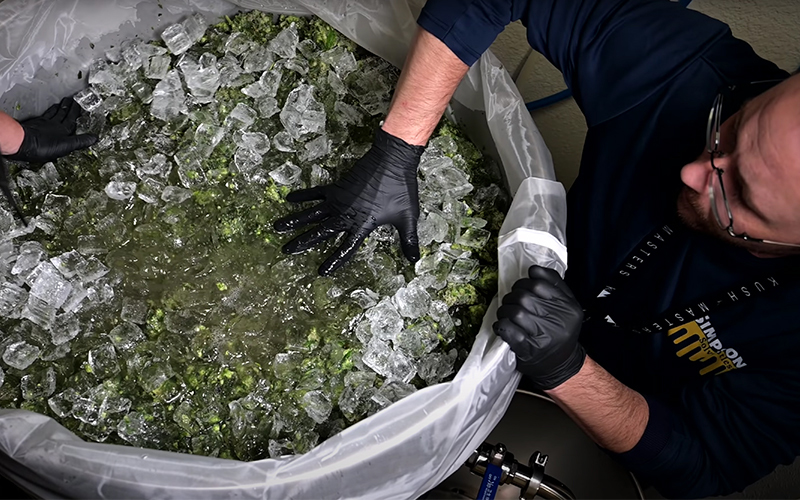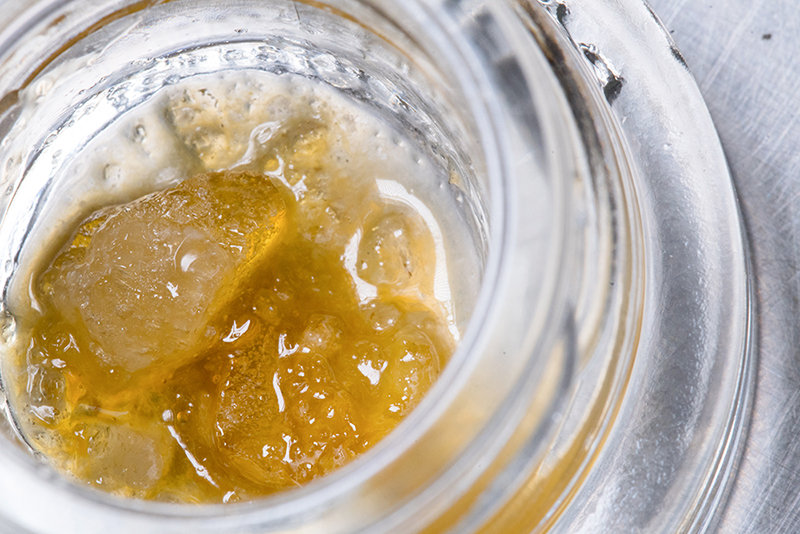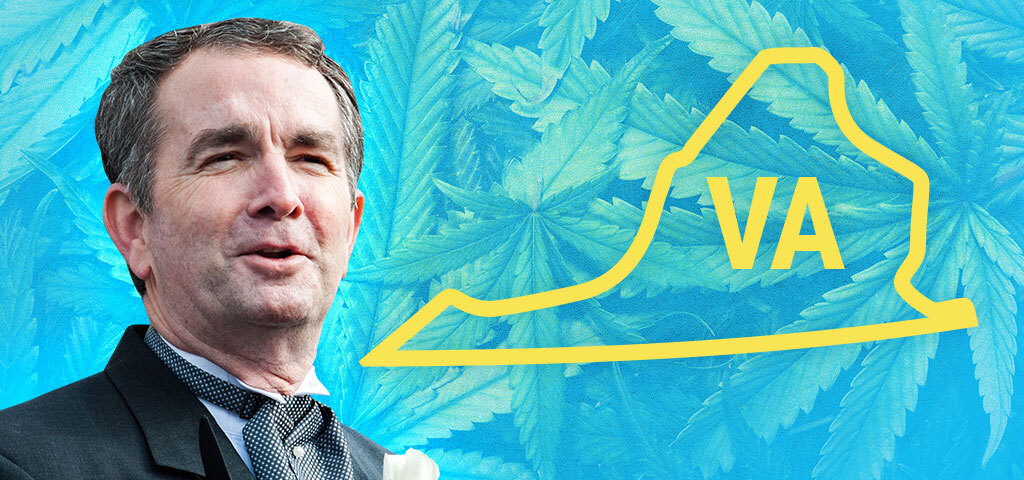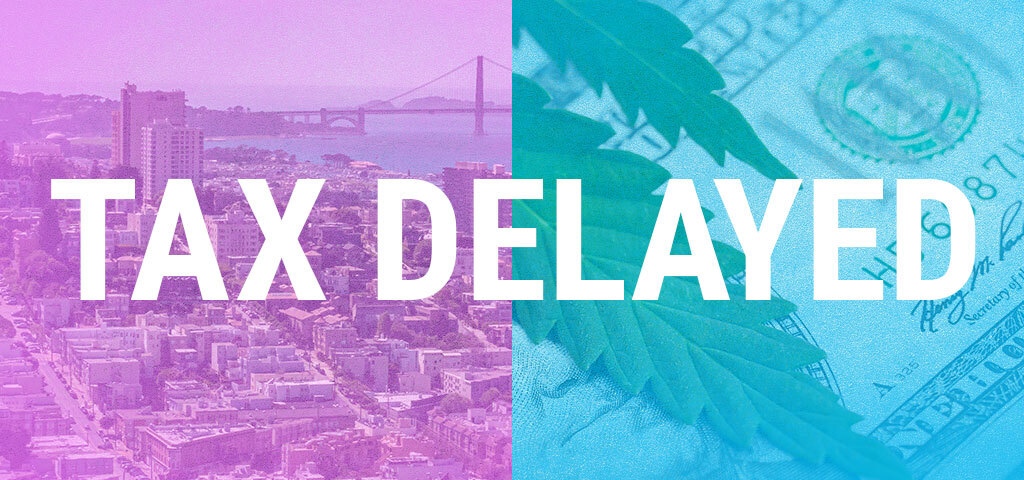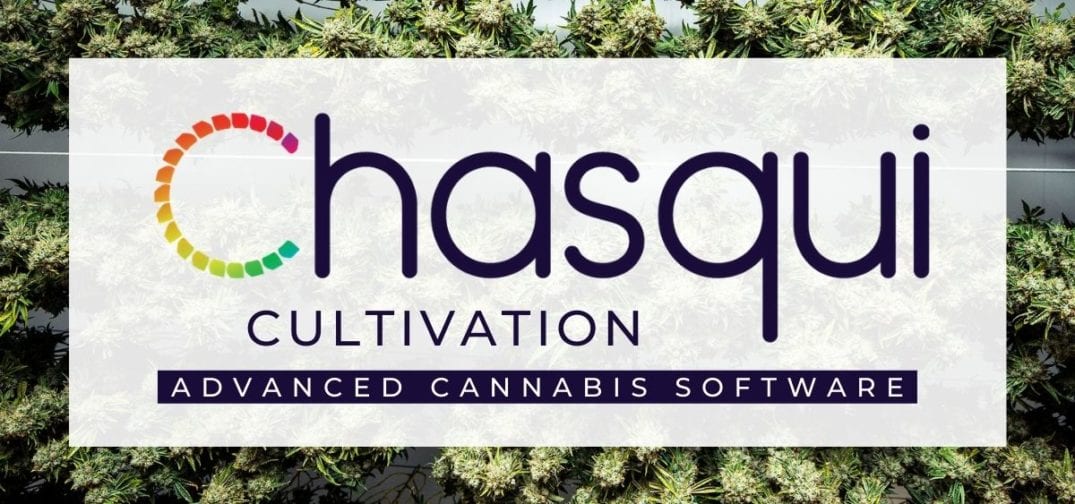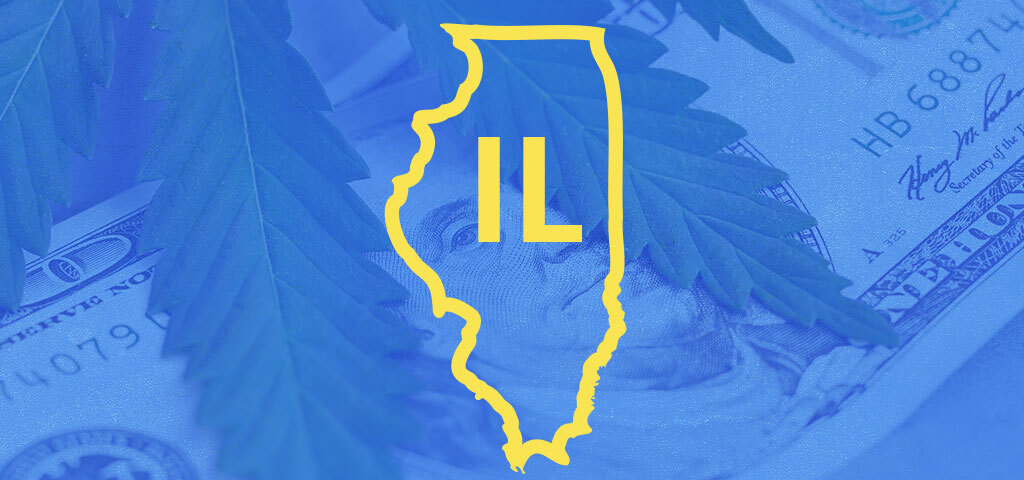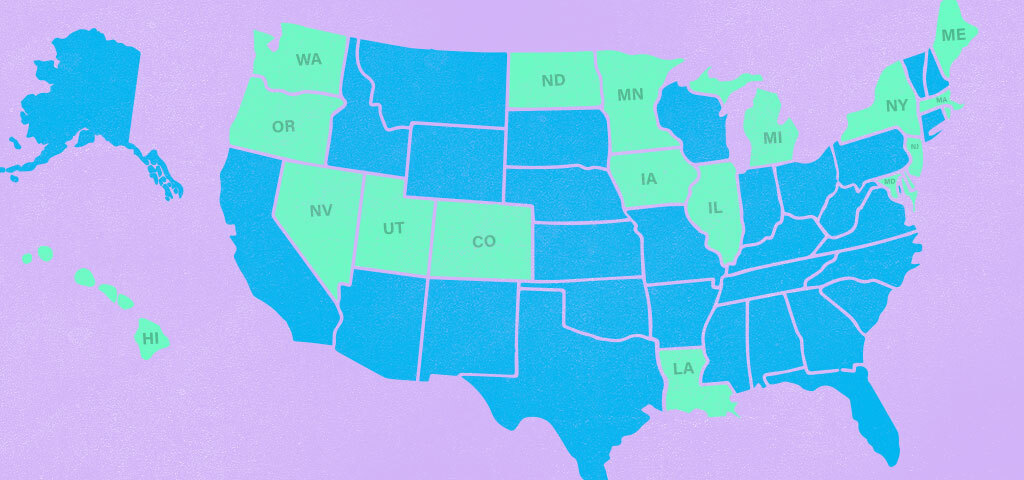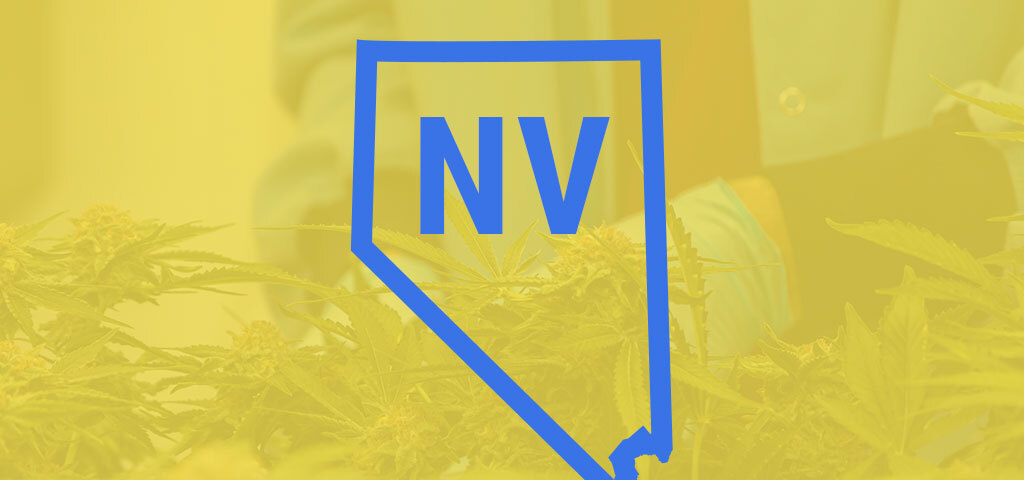Medical marijuana. All you have to do is open your phone, log on to your laptop, or tap the screen of your tablet and there it is — news stories about medical marijuana, scientific studies about medical marijuana, social media posts about medical marijuana, and, of course, endless come-ons trying to sell you medical marijuana.
All that’s great in theory, but that nonstop bombardment can be overwhelming. Plus, it all just clouds one core issue — How do you get a medical marijuana card?
Once you ask that question, others will follow. For example: Can I get a medical marijuana card online? Can I get a medical marijuana card on my phone? Can I get a medical marijuana card fast? Can I get a medical marijuana card right where I am now? Can I get a medical marijuana card easily and with no extra hassles?
There’s a one-word answer to all those questions: Yes. And there’s one more word that makes it all possible: Leafwell.
Read on as we answer some more questions that will all result in you getting a medical marijuana card online easily, legally, and immediately.
https://www.youtube.com/watch?v=YEaLJ6_hyVI&feature=youtu.be
What Do I Need to Know About Medical Marijuana?
Whereas marijuana was once strictly thought of as “wacky tobaccy” for stoners looking to get high, the plant’s true nature as a miraculous source of human healing is finally being recognized on a global scale. States are relaxing regulations and doctors are increasingly prescribing medical cannabis to patients with spectacular success. Leafwell is here to act as your one-stop resource for accessing medical marijuana ASAP.
How Do I Know If Medical Marijuana Is for Me?
Consider this scenario. You’re a professional person and work pressures mount constantly. Every text message or email ding is a potential fire for you to put out. Relationships have only grown more difficult in our high-tech age. Beyond the personal, the nonstop bombardment of bad news from countless media outlets regularly gets you down. This is modern life.
All that stress begins to take a toll — first mentally and then physically. You turn to exercise, yoga, meditation, and other tools to improve health and well-being. These approaches help, but you still suffer and an array of ailments crops up — anxiety, depression, sleeplessness, physical aches, and so on.
Medical marijuana has been proven to effectively treat all those conditions and many, many more.
In fact, medical marijuana the missing piece on that path to wellness for you. It will help get you back up to where life is good again, and where you can be your best self. All you need is a medical marijuana card. Leafwell is here now to put that card in your hand in just 15 minutes.
Wait — How Do I Get a Medical Marijuana Card in 15 Minutes?
Only through Leafwell. If you are in a state with a medical cannabis program that permits virtual consultation with a physician, it’s exactly as easy as following these three steps:
1. Log on to Leafwell and start the application progress. It’s simple.
2. Talk to one of Leafwell’s licensed MDs online.
3. Get your certificate delivered right to your phone, laptop, or tablet, then finish up by completing any other steps required by your state.
From there, you will have a medical marijuana card and you’re ready to go.
Do I Need to Ask My Doctor About Medical Marijuana?
No. But since medical marijuana is prescription medicine, after all, you do need to consult with a doctor. It just doesn’t have to be your personal physician. That’s what Leafwell’s team of licensed medical practitioners is there for — to confer with you and determine if medical marijuana is the right choice.
All of Leafwell’s physicians are certified, authoritative professionals and you can relax with them. The pressure you might feel with your own doc is simply not there. Leafwell provides a safe space online where you can talk and ask about anything. On top of that, Leafwell is 100-percent HIPAA compliant, so your info is guaranteed to be kept confidential and secure.
How Do I Know If Medical Marijuana Is Legal?
Medical marijuana is legal in many states, but the list of qualifying conditions can vary. Leafwell can answer all such questions on its website or, better still, by having you contact one of our legal geeks that keeps completely on top of every changing cannabis law in every one of the 50 states. Contact one of our experts and they’ll walk you through the process, sweet and easy, with no judgments whatsoever.
Why Should I Believe You About Getting a Medical Marijuana Card Online?
You should believe me because I was once in the same spot you are now. I was anxious to learn more about medical marijuana as a health benefit. And I was also absolutely clueless as to how to get my medical marijuana card. Now, after getting my medical marijuana card through Leafwell, my life is immeasurably better.
It happened after I casually saw a social media post where a friend-of-a-friend was raving about Leafwell. She said Leafwell hooked her up with a medical marijuana card in just 15 minutes, and she was able to do the whole process using her phone.
I decided to take the gamble, so I looked up Leafwell online, clicked the few necessary links. Amazingly, I had a medical marijuana card before the sitcom rerun I had on the TV was over. It really was as simple and direct as ordering dinner or calling for a ride-share.
So Why Has Getting Your Medical Marijuana Card Never Been So Easy?
Getting your medical marijuana card has never been so easy because that’s all Leafwell does — it gets you your medical marijuana card.
Leafwell got me my medical marijuana card fast and easy and, I promise, Leafwell will get you your medical marijuana card fast and easy. Don’t hesitate. Go to Leafwell right now and make it happen. Your best life awaits.


